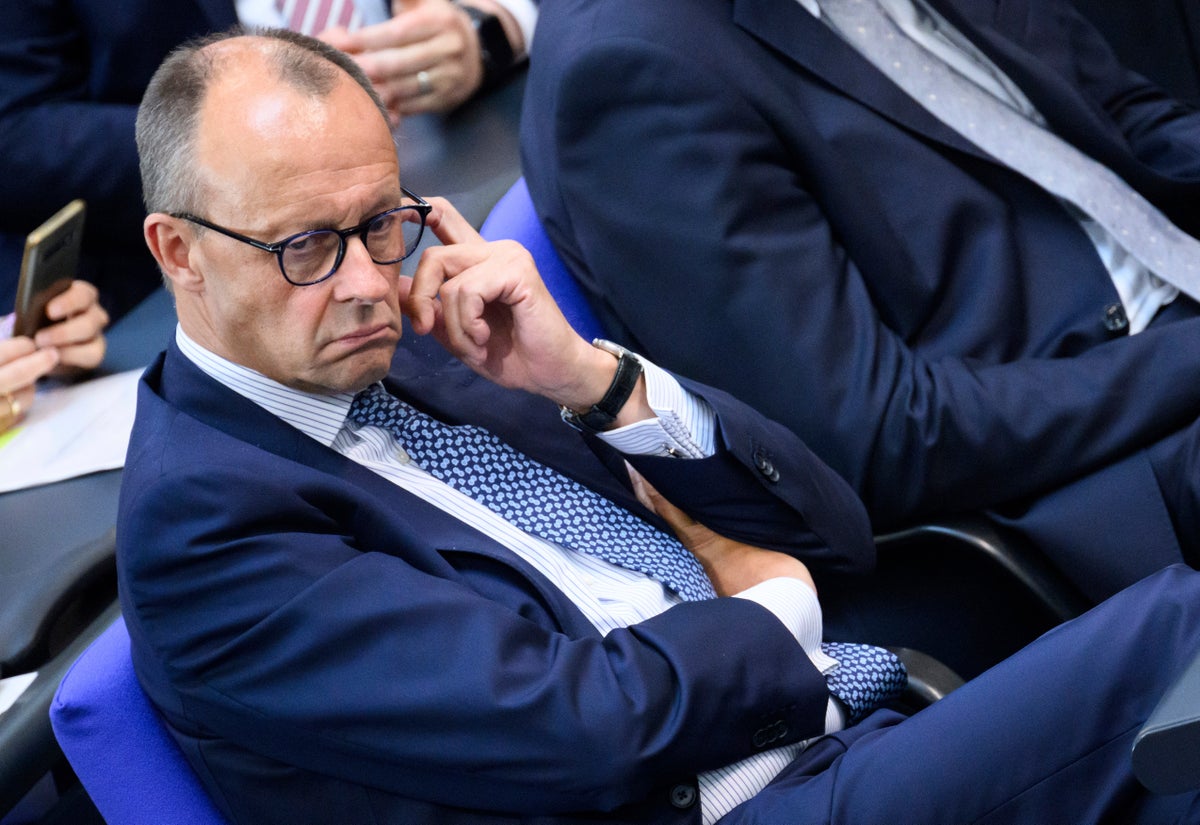
Germany's conservative opposition leader said Tuesday that large-scale migration is one of the country's biggest problems and the main reason for a recent surge in support for the far right.
But Friedrich Merz ruled out cooperating at the state or national level with the Alternative for Germany party that has overtaken his center-right Christian Democratic Union in polls for three state elections in the east next year — to the alarm of mainstream politicians. One senior security official of Jewish origin told The Associated Press that he would leave the country if the far-right party, known by its German acronym AfD, comes to power in a state election.
“The refugee issue will remain the main topic in our society in the coming weeks and months, maybe even in the next years, and that's why I'm so interested in finding a solution," Merz said at a news conference with foreign reporters in Berlin.
“The sooner the problem is solved, the sooner this party (AfD) will get smaller again,” he said, claiming that much of its support comes from protest voters.
“It's not radical right-wing, national-socialist conviction but rather it's two-thirds protest,” Merz said. “And these two thirds can be won back by other political parties.”
The conservative leader came under fire recently for declaring the environmentalist Greens the “main enemy” in German politics even as AfD candidates beat his party to win their first county commissioner and a mayoral posts.
Merz insisted Tuesday that his targeting of the Greens should be viewed as part of the normal battle among democratic parties that he said AfD is not part of.
“A large part of (AfD) is outside the spectrum of our constitutional order,” he said, noting that they are under surveillance by Germany's domestic intelligence agency. “They are enemies of our democracy.”
Merz said his Union bloc is willing to cooperate with the Greens in state and national legislatures and that is not an option with AfD. Yet he left open the possibility that Christian Democrats might vote with the far right at the level of local government, noting that the recent local election victories for AfD were “democratic decisions that we have to accept.”







